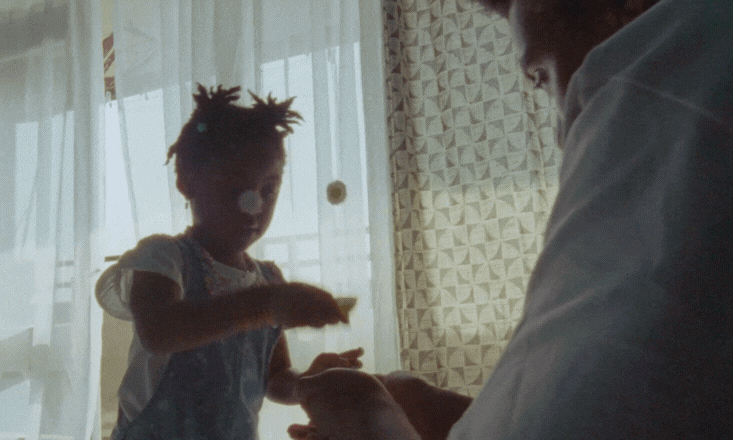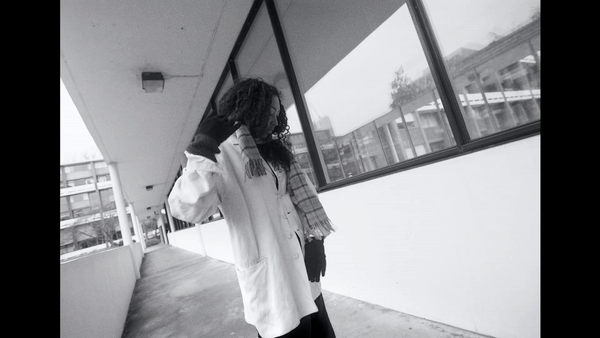This short doc gives a voice to those with lived experience of the criminal justice system
Through After Time, Kestrel Theatre Company explores the dynamics of Britain’s broken prison system, and the challenges of reintegration.
Riann Phillip
27 Oct 2022
Against the backdrop of a broken criminal justice system and an ever-present mental health crisis, After Time is a short documentary following the perspectives of three men who have all previously been in prison. Through Ricardo, Nathaniel and Marc, we see the strained dynamics of those reintegrating into society in the UK after serving a prison sentence. After Time follows the three men as they tell us about their lives both in and out of prison, positioning crime from the formerly incarcerated person’s point of view.
Directed by Dorothy Allen-Pickard and produced by Kestrel Theatre Company, the documentary gives a voice to a group that is often rendered silent. El Henderson, the artistic director of Kestrel Theatre Company, explains that “Kestrel employs industry professionals to make original pieces of theatre and film in collaboration with people who have experience with the criminal justice system”. The film looks at some reasons why crime exists, the societal factors that drive crime in certain communities, the over-policing of certain areas and the lack of rehabilitation available for people in prison.
“We need to stop the excessive use of prisons”
Marc Conway, Prison Reform Trust
“On the estate I grew up in, there was an invisible barrier surrounding us,” says Marc, one of the men featured in the documentary, who is from London. “It was like ‘us versus them’ kind of mentality. You protected your own.” Since leaving prison, Marc has worked as a policy officer at the Prison Reforms Trust (PRT), working at the charity to break down the structures of oppression in the criminal justice system. From issues of overcrowding, people being held in their cells for 23 hours a day during Covid-19 lockdowns, ineffective education systems and little to no incentives; prisons in the UK are not fit for purpose.
“We need to stop the excessive use of prisons,” says Marc, 41. “The people who need the help and need to be reformed aren’t getting what they need because the prison’s are too overcrowded. The services are too stretched.”
Another theme that the documentary tackles is the lack of rehabilitation that actually takes place in prisons. People in prisons are so often dehumanised during their time incarcerated. “You’re told when to eat, when to shower, when you can go to the toilet. You’re being beaten down all the time,” Marc explains.
What the film aims to do is “turn the focus away from the individual, and see it as a society-wide issue, then we can begin to make progress,” Marc says in the film. With conversations of abolition gaining traction in activist circles, it is important to continue to give a voice to those with lived experiences of the criminal justice system and centre their perspectives. After Time does exactly this, by starting the conversation and amplifying formerly incarcerated people’s voices.
After Time has been exclusively released with gal-dem and is available to watch above.
The contribution of our members is crucial. Their support enables us to be proudly independent, challenge the whitewashed media landscape and most importantly, platform the work of marginalised communities. To continue this mission, we need to grow gal-dem to 6,000 members – and we can only do this with your support.
As a member you will enjoy exclusive access to our gal-dem Discord channel and Culture Club, live chats with our editors, skill shares, discounts, events, newsletters and more! Support our community and become a member today from as little as £4.99 a month.

Britain’s policing was built on racism. Abolition is unavoidable

How Pakistan’s Khwaja Sira and transgender communities are fearing and fighting for their futures

Their anti-rape performance went viral globally. Now what?






